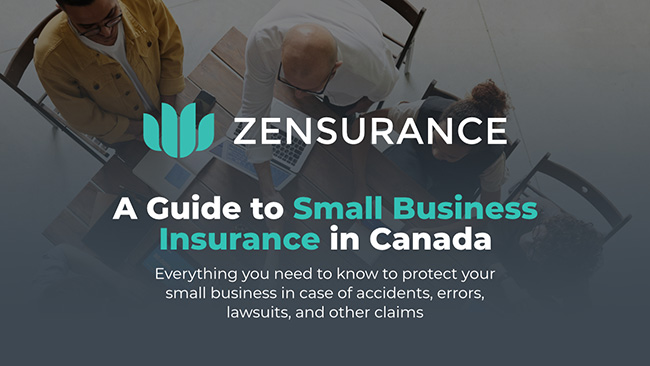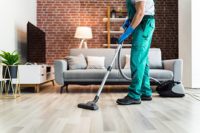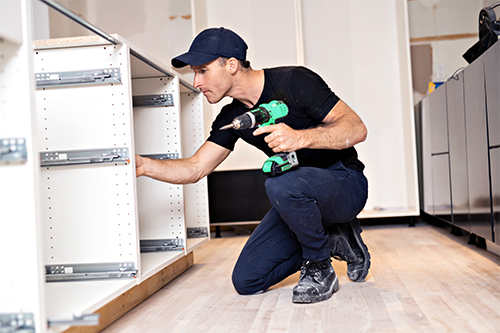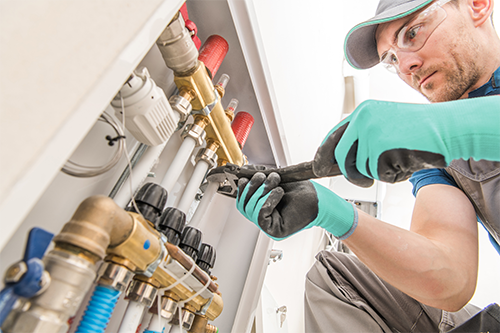Starting or running a professional cleaning service is an excellent business opportunity that is easy to enter, but like any business, it is competitive and comes with challenges and costs.
According to IBIS World data, the Canadian commercial cleaning industry is estimated to be worth around $9 billion annually, comprising more than 34,000 professional cleaning businesses as of 2021.
Those costs include keeping your reputation spotless, protecting your livelihood with a comprehensive insurance policy, and acquiring the tools, equipment, and supplies you need to do a top-notch job efficiently.
On that latter point, you’ll need some tools and equipment to be productive and impress your customers in residential, commercial, or industrial environments. So let’s review some things you need to ensure your small business succeeds.
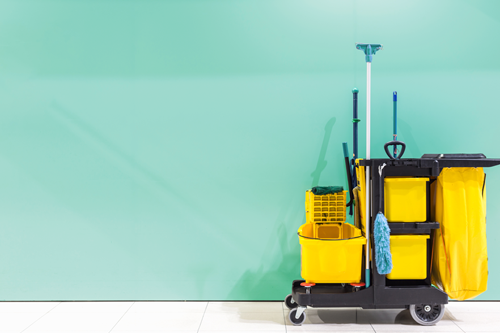
Related Posts
Sign Up for ZenMail
"*" indicates required fields
Categories
List of Essential Cleaning Equipment
Whether you’re thinking of starting a cleaning business, your small business is a newly launched venture, or you’ve years of experience in the industry, these are some of the tools and equipment you must have for any cleaning job:
For floors:
- A wet mop, bucket, and wringer
- Wet floor safety signs
- Brooms and dustpans
- Floor tile and grout cleaners
- Floor scrub brush
- A high-quality vacuum and carpet cleaner
- Industrial-strength cleansers
For windows and surfaces:
- Squeegees
- Water bucket
- Glass cleaning solution
- Microfibre cleaning cloths
- Spray bottles
- Duster brush
- Furniture polish and dishwashing liquids
- Disinfectant wipes
For general cleaning:
- A cleaning cart
- Stain, mould, and mildew removing cleansers
- Air fresheners
- Personal protection gear
- Plungers, screwdrivers, and wrenches
- A toilet brush and cleaning solution
- Garbage and recycling bags of various sizes
When choosing the equipment you need for your commercial cleaning business, there are three things to keep in mind:
1. Strength
Household cleaning equipment like low-cost mops and buckets aren’t practical for professional cleaners. You need industrial-strength cleaning equipment that can take a beating every day. The same applies to the cleaning supplies you need: they should be powerful enough to do the job rather than the weaker variety intended for residential use.
2. Durability and Portability
Before choosing which equipment to buy, speak to other professionals in the custodial industry who can recommend which brands produce rugged, durable equipment and tools to tackle commercial cleaning jobs. Do a little research and read online reviews of each piece of equipment. And also think about the portability of that equipment. For things like mop buckets and carts, do they have sturdy wheels and handles?
3. Warranties
Always read the fine print on warranties for the expensive equipment you purchase, like vacuums and carpet cleaners, steam cleaners, floor polishers, and pressure washers. Think about the mechanical issues that could develop, and ensure the warranty is adequate to cover the cost of fixing them.
In addition to being mindful of the terms and conditions of warranties on high-end equipment you purchase, it’s wise to buy tools and equipment insurance to cover damages to any portable equipment you use. A warranty won’t cover repairing or replacing vandalized or stolen equipment.
Concerning the equipment you purchase or own, having details like the year, make, model, serial number and value of each piece of equipment is helpful for determining the amount of coverage you need. Having specific details of your equipment can help get preferred rates from insurance providers, and it prevents you from being underinsured or overinsured.
3 Apps Every Cleaner Should Consider
Technology has touched every industry and profession, and custodial or commercial cleaning businesses are among them. Look into using management software and mobile apps that can help make keeping on schedule with your clients easier. Some options include:
- Swept. Designed for commercial cleaners, Swept is suitable for both individual cleaning professionals and teams or business owners. It’s billed as an all-in-one platform that allows you to connect with clients and employees, schedule work, and has reporting features.
- CleanGuru. This app and software help simplify building measurements, approximate cleaning times, and estimates with customized customer bids. It includes scheduling different cleaning projects with detailed work tickets.
- ZenMaid. We just had to highlight this one. ZenMaid is a free app to help cleaning businesses schedule appointments, track their team’s time and location, and give estimates, book, and invoice customers.
How to Protect Cleaning Equipment and Tools
You can’t whitewash the need to protect your commercial cleaning business’s reputation and the expensive tools and equipment you own or rent. A customized cleaning business insurance policy from Zensurance can wipe out your risks by providing the financial support you need if something goes wrong.
Take a few minutes to complete our online application and tell us about your business. We’ll tap into our partner network of more than 50 insurance providers to find the policy you need at the best price, and our friendly brokers will work closely with you to tailor your policy to cover the exposures you face.
Recent Posts
What Insurance Do Online Sellers Need to Protect Against Customer Lawsuits in Canada?
Consumer lawsuits against Canadian online sellers and e-commerce businesses are common (and expensive). If you sell online – even part-time – it’s vital to understand how to protect your business and finances from customer lawsuits and other liability risks.
What Is Installation Floater Insurance in Canada?
What happens if materials are damaged or stolen before you install them? If you transport or store materials on a job site before installation, installation floater insurance can protect your job profit from theft, damage, or loss anywhere in Canada.
Why Clients Ask for a Certificate of Insurance (COI) in Canada – and How to Get One Fast
Learn what a certificate of insurance (COI) is, why Canadian clients require it, and how small business owners, contractors, and independent professionals in Canada can get a COI fast – often within 24 hours.
